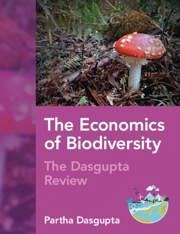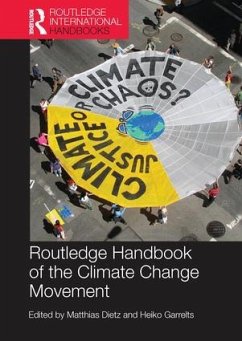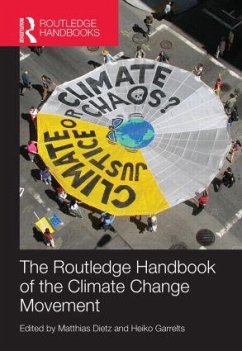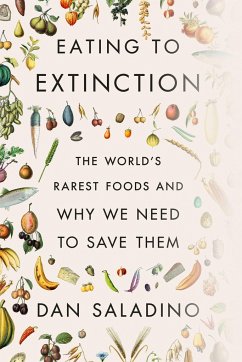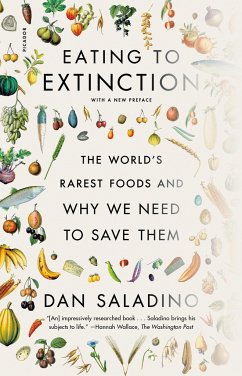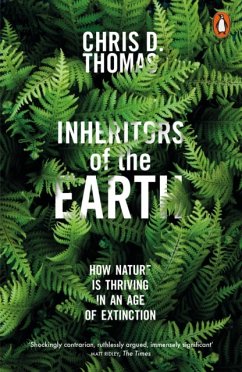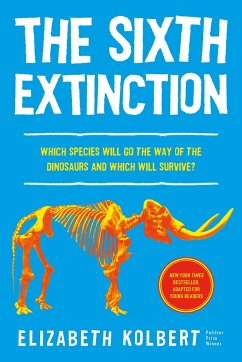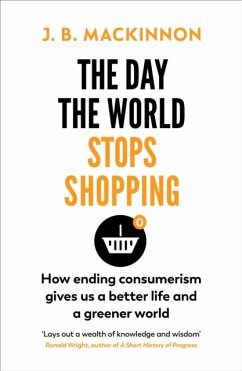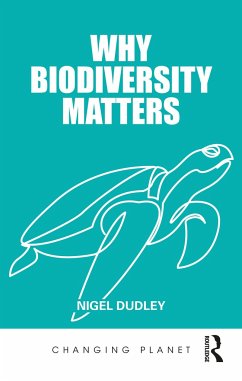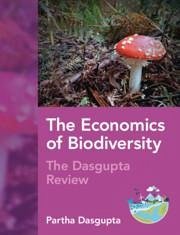
The Economics of Biodiversity
The DasGupta Review
Versandkostenfrei!
Versandfertig in über 4 Wochen
134,99 €
inkl. MwSt.
Weitere Ausgaben:

PAYBACK Punkte
67 °P sammeln!
This landmark report explains the current state of play in relation to biodiversity loss and explores the ways in which we can find a sustainable path to deal with this problem, one that will require us to change how we think, act and measure success.



